
My Opinion | Aug 22,2020
Jan 3 , 2021
By Christian Tesfaye
Few things are more dangerous than a media blackout. We found this out the hard way following the military engagement between the federal and regional governments' forces.
All suddenly went silent on November 4, 2020. Phone lines and internet connections were lost to the region, except to a few that were apparently using satellite phones. The federal government was adamant that it did not cut communication to the region.
A vacuum of information, nonetheless, does not stay long. The imagination feels the space. Rumours, hearsay and downright misinformation abounded. It got to a point where every piece of information was being thrown into the back of our minds, awaiting further confirmation. On many issues, indeed, it is likely that we will never know what happened.
Social media coped by echoing the most partisan and extreme issues related to the armed conflict. What mattered was shock factor, and there was a race to the bottom in that regard. Most foreign press, unable to travel or get into contact with individuals in affected places (with few exceptions), based much of their reporting on the witness accounts of individuals who fled the conflict.
State media had the most access to the region, but their reporting was considered largely pro-government and illuminating only to a point. It was valuable though in following the advances being made by the National Defence Forces throughout the conflict.
The problem is compounded more by the unprecedented advances being made in the technological sphere. Photos and videos are becoming easier to fake and harder to detect. This is not new to Ethiopia, where fake photos have been used to create misinformation. It is also not unique to Africa, where such videos and photos proliferate during times emotions are high, such as elections.
It should be a matter of surprise then that in a world where our eyes and ears could easily be deceived, trust in institutions is also declining. This is a global phenomenon, detectable, especially within countries where democratic institutions used to be perceived as independent.
It comes when they are more critical than ever to decipher between what is real, and what is fake. Their significance cannot be understated, especially considering what we are currently up against.
The primary line of defence used to be citizens themselves. Fake photos are not new, not by a long shot. The first manipulated photo was probably produced by Hippolyte Bayard in 1840 when he made a photo that portrayed him as drowned. Autocratic governments have long engaged in this, including infamously during the Stalinist period of the Soviet Union as all records of Trotsky were being purged.
But before, there were significant challenges related to the capability to fake something visual. The cost was high, especially considering the heightened risk of being discovered. Adding to this, the dissemination of information was not as flexible and easy. There was no internet for much of photographic and video history.
Now, the cost is getting ever cheaper while the means of dissemination gets ever easier. It is not a time-consuming process. Whenever there is some trouble or controversy, many users – personally or organised - at once get to faking a piece of visual content designed to incense emotions.
When we can no longer trust our eyes and ears, it is immensely necessary that we have institutions that are empowered to sift through the evidence to tell us what is real. This is what we do every time there is something we cannot accomplish personally or even in small groups. We outsource to institutions, as we do with law enforcement or healthcare.
In this case, it is the media. More now than ever, the media is not just a gatekeeper of democracy but political stability as well – perhaps even our sense of sanity. In the absence of institutions that can ascertain facts and decipher rumours and gossip, we are sure to head toward society's downfall.
PUBLISHED ON
Jan 03,2021 [ VOL
21 , NO
1079]


My Opinion | Aug 22,2020
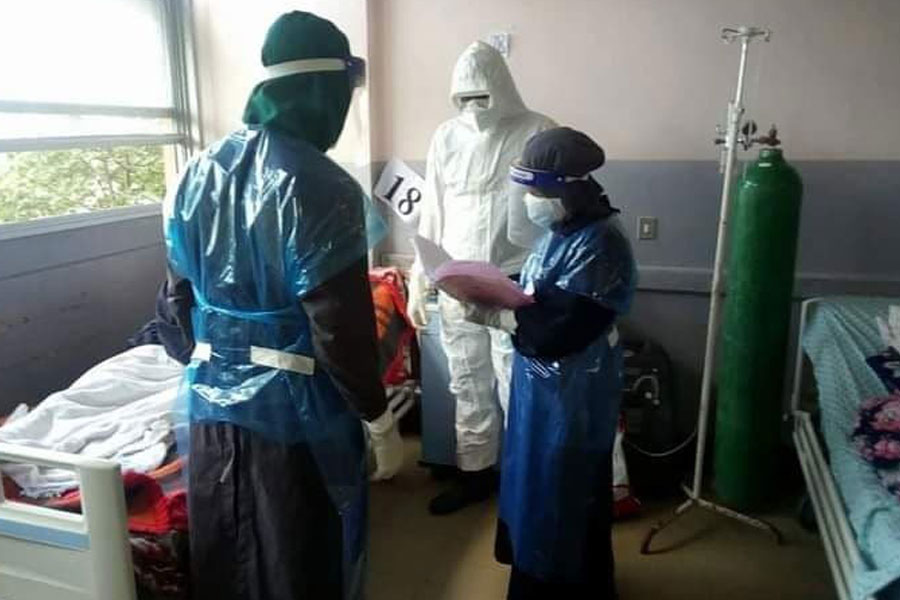
Agenda | Oct 31,2020

Life Matters | Apr 17,2021
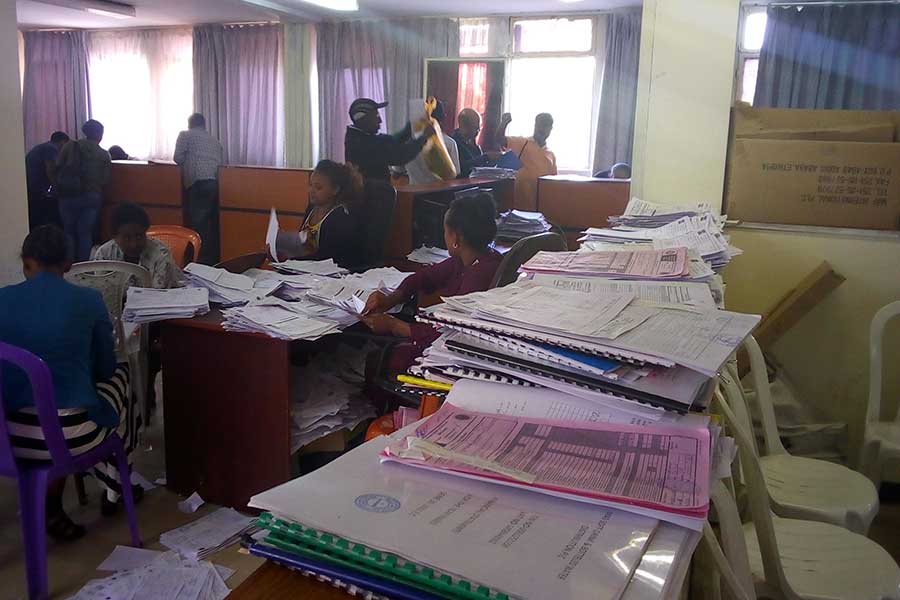
Featured | Nov 16,2019
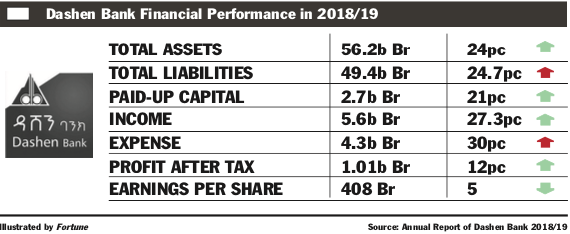
Fortune News | Feb 15,2020

Commentaries | Sep 19,2020
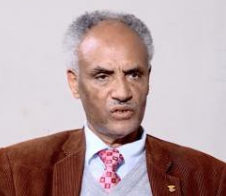
Verbatim | Aug 10,2019
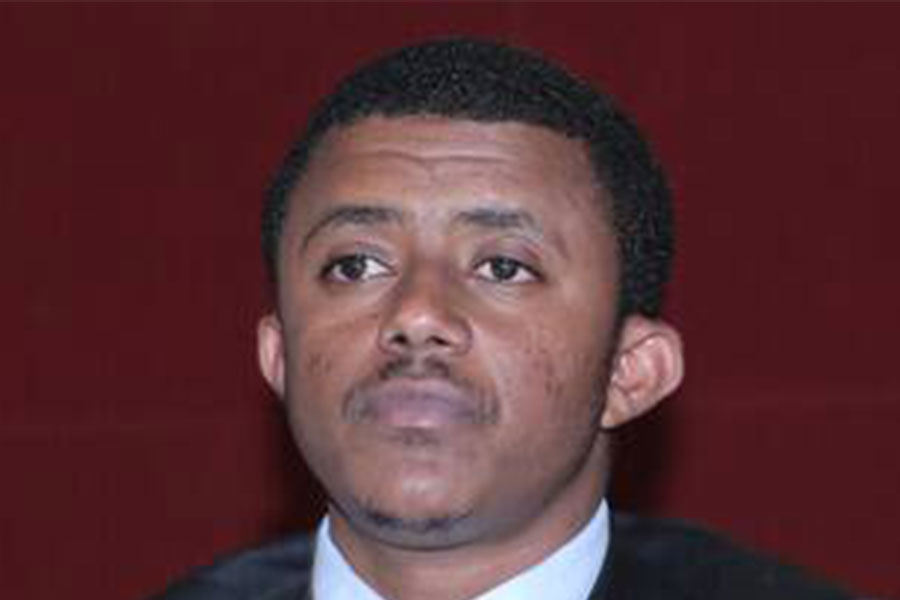
Radar | Jul 29,2023

Fortune News | Jan 01,2023

Editorial | Jul 05,2025

Photo Gallery | 175892 Views | May 06,2019

Photo Gallery | 166109 Views | Apr 26,2019

Photo Gallery | 156519 Views | Oct 06,2021

My Opinion | 136849 Views | Aug 14,2021

Dec 22 , 2024 . By TIZITA SHEWAFERAW
Charged with transforming colossal state-owned enterprises into modern and competitiv...

Aug 18 , 2024 . By AKSAH ITALO
Although predictable Yonas Zerihun's job in the ride-hailing service is not immune to...

Jul 28 , 2024 . By TIZITA SHEWAFERAW
Unhabitual, perhaps too many, Samuel Gebreyohannes, 38, used to occasionally enjoy a couple of beers at breakfast. However, he recently swit...

Jul 13 , 2024 . By AKSAH ITALO
Investors who rely on tractors, trucks, and field vehicles for commuting, transporting commodities, and f...

Oct 18 , 2025
The political establishment, notably the ruling party and its top brass, has become p...

Oct 11 , 2025
Ladislas Farago, a roving Associated Press (AP) correspondent, arrived in Ethiopia in...

Oct 4 , 2025
Eyob Tekalegn (PhD) had been in the Governor's chair for only weeks when, on Septembe...

Sep 27 , 2025
Four years into an experiment with “shock therapy” in education, the national moo...

Oct 18 , 2025 . By NAHOM AYELE
In a sweeping reform that upends nearly a decade of uniform health insurance contribu...

A bill that could transform the nutritional state sits in a limbo, even as the countr...

Oct 18 , 2025 . By SURAFEL MULUGETA
A long-planned directive to curb carbon emissions from fossil-fuel-powered vehicles h...

Oct 18 , 2025 . By BEZAWIT HULUAGER
Transaction advisors working with companies that hold over a quarter of a billion Bir...